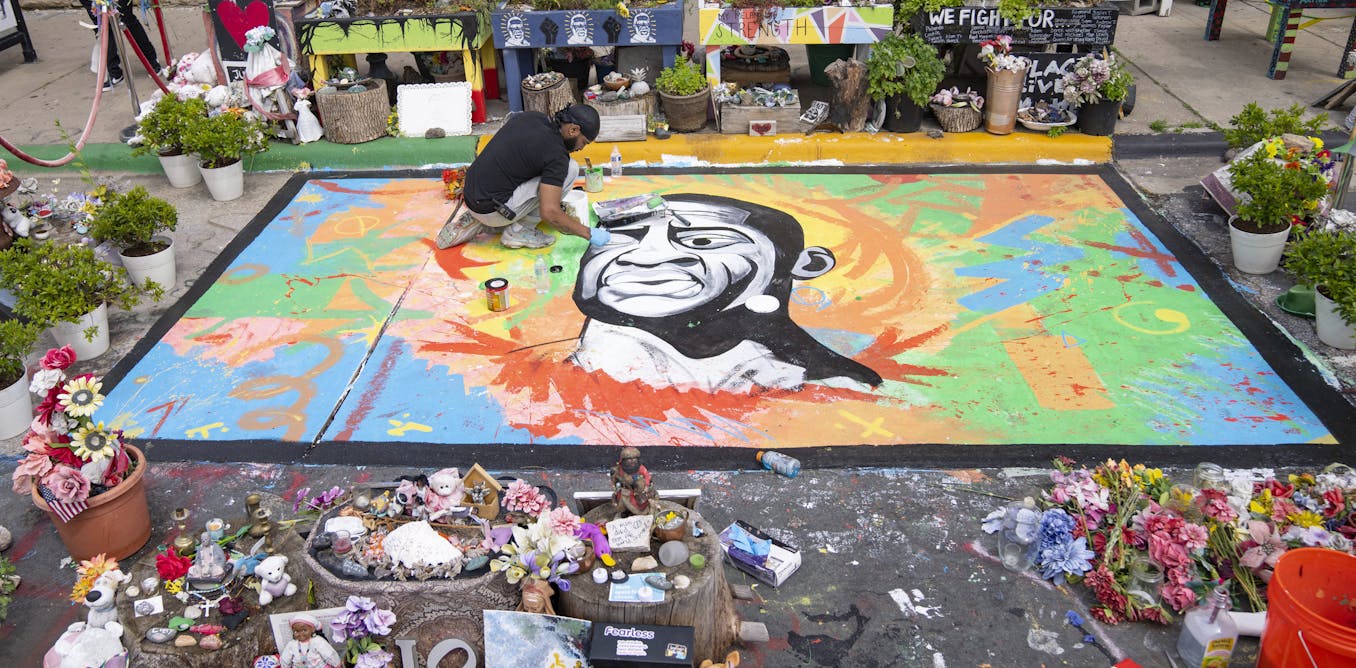Wounds That Never Heal: How Racial Trauma Continues to Devastate Black Communities

Healing Black Trauma: Confronting Psychiatry's Colonial Shadows
The path to truly addressing Black psychological trauma requires a bold and critical examination of the deeply rooted colonial and imperial legacies that have long shaped mental health practices. Psychiatry and related mental health professions must undergo a profound transformation, challenging the systemic biases and historical oppression that have fundamentally distorted understanding and treatment of Black mental health experiences.
For generations, mental health frameworks have been constructed through a predominantly white, Eurocentric lens that systematically marginalized and pathologized Black psychological experiences. These inherited colonial perspectives have created harmful diagnostic models that frequently misunderstand cultural nuances, emotional resilience, and the complex psychological impacts of generational trauma.
Meaningful healing demands more than traditional therapeutic approaches. It requires a comprehensive deconstruction of existing mental health paradigms, centering Black narratives, cultural wisdom, and holistic understanding of psychological well-being. Mental health professionals must actively work to dismantle racist structures, amplify Black voices, and develop culturally responsive, empathetic approaches that honor the full depth of Black psychological experiences.
True reconciliation means acknowledging psychiatry's historical complicity in systemic racism and committing to radical, transformative practices that respect and validate Black mental health in all its complexity and strength.
